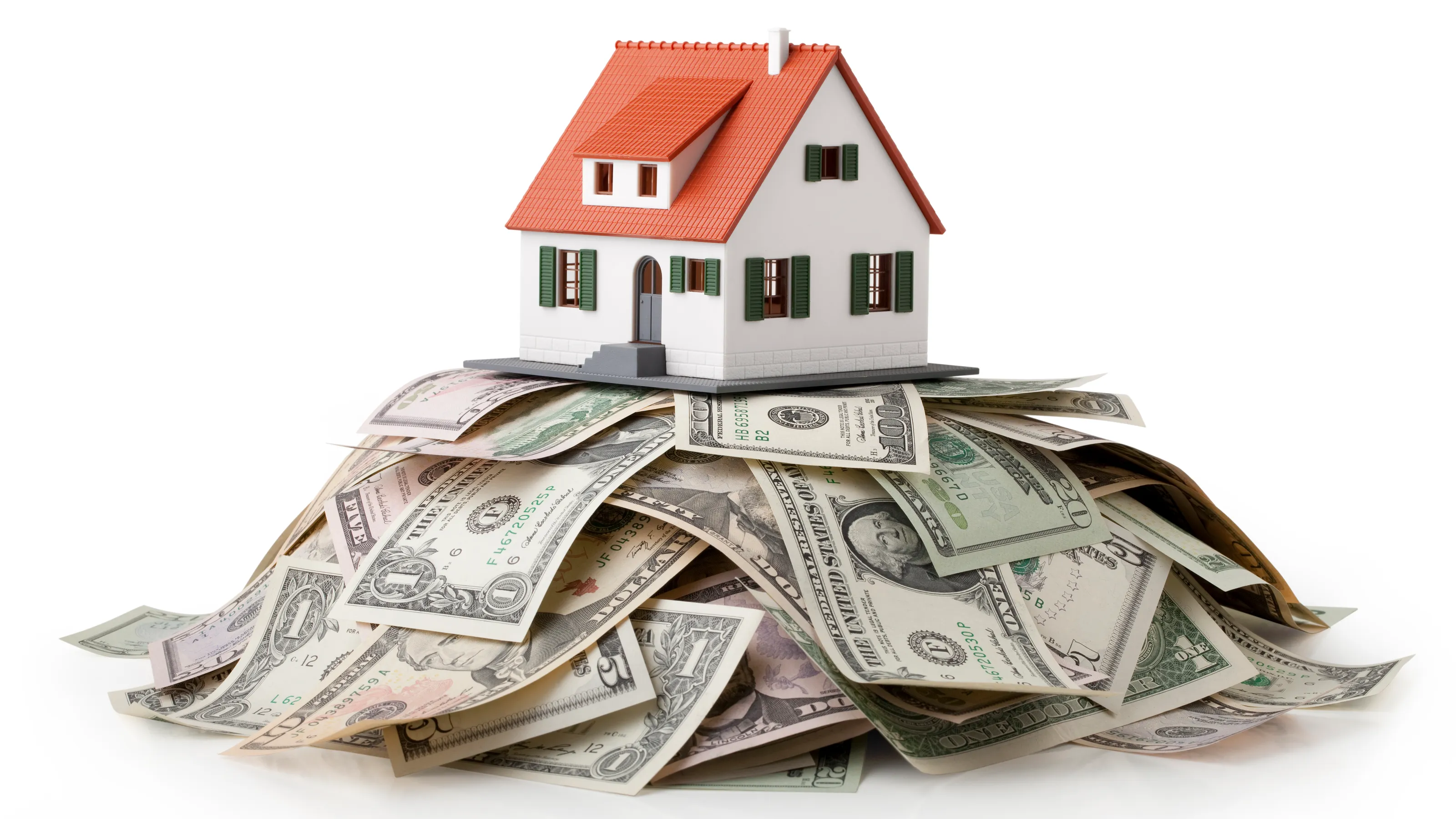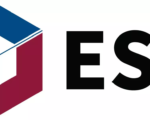Homeowners in the U.S. currently hold a staggering $17 trillion in home equity, with the average homeowner gaining $28,000 in equity over the past year, according to CoreLogic. While it might be tempting to access this equity, experts caution that it’s important to consider when and how to tap into these funds.
Greg McBride, chief financial analyst at Bankrate, emphasizes that home equity is not a perishable asset. “It’s not like bread,” he says. “It won’t go stale if it just sits there.” For many homeowners, leaving equity untouched is a sound strategy. However, there are specific scenarios where accessing home equity might make sense, particularly for major home improvements or repairs.
Why Home Equity is a Smart Borrowing Option
When it comes to financing home improvements, using home equity can be a cost-effective alternative to more expensive borrowing methods like personal loans or credit cards. According to a recent Bankrate survey, 55% of homeowners see home improvements or repairs as a valid reason to tap into their equity. As of early August, the average home equity loan interest rate stood at 8.59%, while a Home Equity Line of Credit (HELOC) had an average interest rate of 9.37%. These rates are significantly lower than the average personal loan rate of 12.38% and the steep 24.92% average interest rate on credit cards.
Although cash from savings remains the most common way to fund renovations (used by 83% of homeowners), credit card usage for these projects is on the rise. According to the 2024 U.S. Houzz & Home Study, 37% of homeowners used credit cards to pay for repairs in 2023, up from 28% in 2022. While tapping home equity is generally cheaper, it’s not without risks, particularly in a high-interest-rate environment. Homeowners should have a clear plan for repaying any borrowed funds.

Adding Value Through Home Improvements
Investing home equity back into your property can be a wise move, especially when it comes to projects that not only maintain but also enhance the value of your home. Jessica Lautz, deputy chief economist at the National Association of Realtors (NAR), highlights that such improvements can pay off when you sell. For instance, NAR’s latest Remodeling Impact Report found that refinishing hardwood floors recovered 147% of the project’s cost, while new wood flooring recovered 118%.
Exterior projects can also yield significant returns, with new roofing recouping 100% of the cost. Lautz notes that projects like roofing are particularly appealing to buyers, who appreciate knowing that essential work has already been completed.
Avoid Tapping Home Equity for Non-Essentials
While it may be tempting to use home equity for luxuries like vacations or big-ticket purchases, experts advise against it. According to Bankrate, more than one in 10 millennial homeowners believe these are good reasons to access their equity. However, McBride strongly disagrees. “If you have to finance the cost of your vacation, you can’t afford the vacation,” he warns. Additionally, using home equity to buy depreciating assets like cars or electronics is doubly unwise, as you’re both purchasing something that will lose value and financing it with debt.
In summary, while home equity can be a valuable resource, it’s crucial to use it wisely. Focusing on projects that maintain or enhance your home’s value is a smart move, but tapping equity for non-essential expenses could lead to financial regret.


















